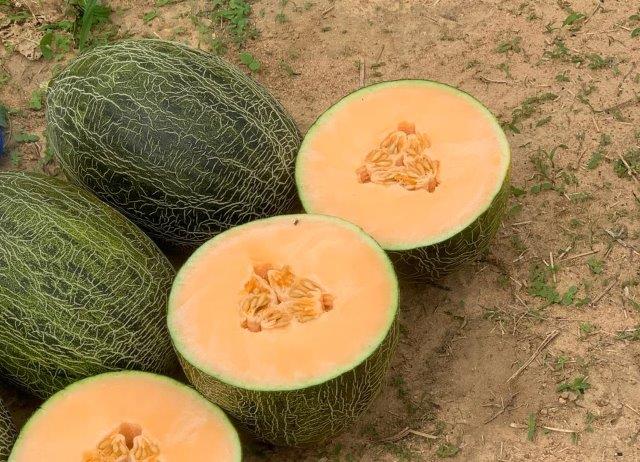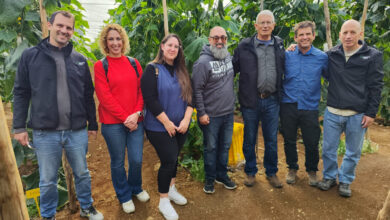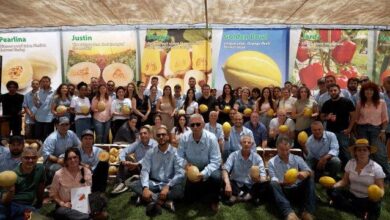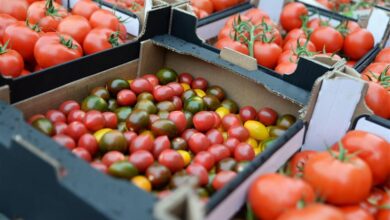brazil is one of the world’s largest melon producers, including those from origene seeds, known as a leading cultivator and marketer of high quality tasty, delicately textured, long shelf-life melons.
origene seeds has been working in brazil for the last 10 years, with a local team managing technical support and sales. their team supports local product development, searching for the best watermelon and melon varieties adapted to grow under local conditions and for export, and to advance brazilian agriculture.
origene seed’s melons, grown by brazilian farmers, are transported abroad weekly on ships to all of europe, traveling for 14 days at sea yet retaining their high quality and exquisite taste.
2020 may well go down as a turning point for brazilian melon growers, with far-reaching influence on their economic situation. in november 2019, at the brics summit in brasilia, a trade agreement was signed for marketing brazil’s melons to china. this agreement bears immense symbolic significance, as the first agreement between these two countries for marketing fruits. in return, china will export pears to brazil.
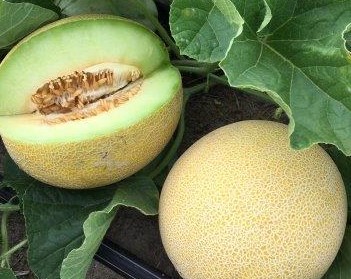
over the past two years, josé brito júnior has managed sales for origene seeds in brazil, backed by his 20 years of experience in seed sales. we met him at berlin’s fruit logistica expo in early february. josé told us about the two countries’ extensive negotiations that led to signing the agreement, and its expected effect on brazil’s melon growers.
josé: “given the fact that china is the world’s largest melon consumer, and that brazil is considered a major melon exporter, brazilians are very pleased with the agreement, and recognize its great potential for the country’s farmers. also, the agreement includes the possibility of expanding the trade basket to other fruits and vegetables.”
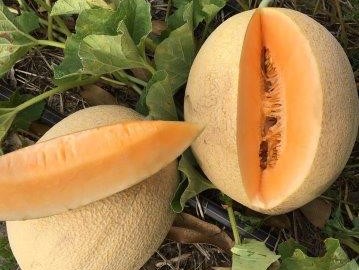
once the agreement had been signed, melon growers had two primary objectives to prepare for initial export: first – locating a solution for shipping, and second – preparing a cultivation protocol that would guarantee high quality produce.
brazil’s export melon growing is consigned to 5-7 growers, and their objective upon signing the trade agreement was to approach shipping companies and sign a shipping agreement with them to transport a full ship of brazil’s fruit to china. until then, there hadn’t been a need to ship fruit from brazil to china, and such a shipping line did not exist.
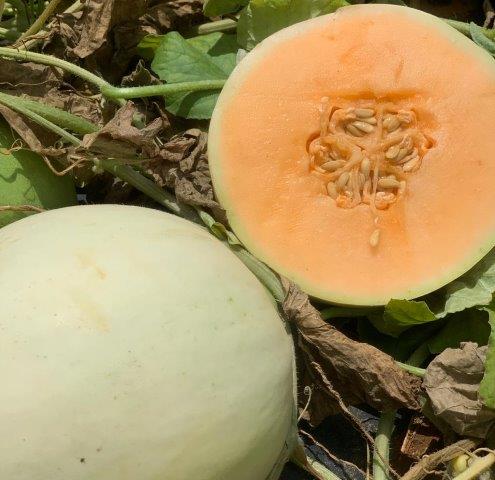
josé: “the melon export agreement fit the bill for brazilian growers in climatic terms as well. they begin growing in june, and shipping to china will begin around october/november, continuing until february.”
this agreement comprises an opportunity for origene seeds as well, which has invested great resources in culturing melon seeds that would meet the demands of the entire product value chain – growers, distributors, on up to the end consumer. shipping to china is very significant for melons with shelf-life that will fit extended sea transport, in terms of the harvest date and matching chinese taste buds. josé listed the varieties appropriate for export to china, including honey dew, yellow canary and (exclusive to origene seeds) pearlina.
consumer melon market potential in china is estimated at 3-5% of the population, who can afford to buy imported melons, but considering china’s total population, the potential is huge. these are people who tour around the world and are exposed to the flavor of origene’s varieties sold in many markets, and therefore josé claims it won’t be any problem to zero in on chinese taste buds.

the second objective was to prepare a cultivation protocol. josé describes the process of working with brazil’s growers, whom he views as partners in origene’s goal of arriving at a quality product that will create demand in china. “our intention is to carry out field observations with the growers to choose the most appropriate varieties for shipping to china.” he trusts the quality of origene’s produce, and is certain that it will merit high demand in china, primarily because the melons grown in brazil are of very high quality. marketing is supposed to begin with the supermarkets, where a higher price is expected to be received, so that higher quality is required.
.jpg)
toward the end of the interview, i asked josé how he feels about the new chinese market, and he told about the great challenge of shipping a melon that must reach the consumer fresh and tasty after 40 days at sea, as well as the potential for expanding the chinese market. “no doubt this is a huge opportunity!! currently, brazil exports 15,000 containers of melons to europe annually, and we are supposed to ship hundreds of thousands of containers to china annually.”
although the opening of this market was done by government parties, the ongoing management is done by private companies, which invest resources in research and technology. against this backdrop, origene has an important role in professional guidance of growers, further r & d, and leading growers to realize the potential contained in the chinese market.

